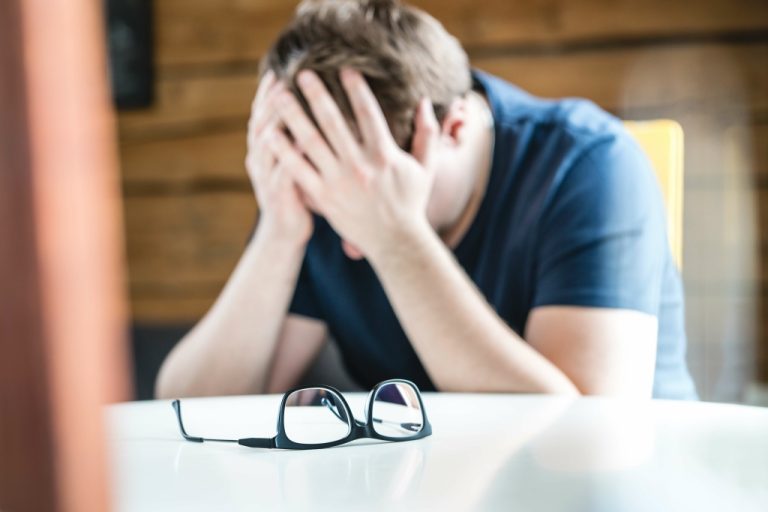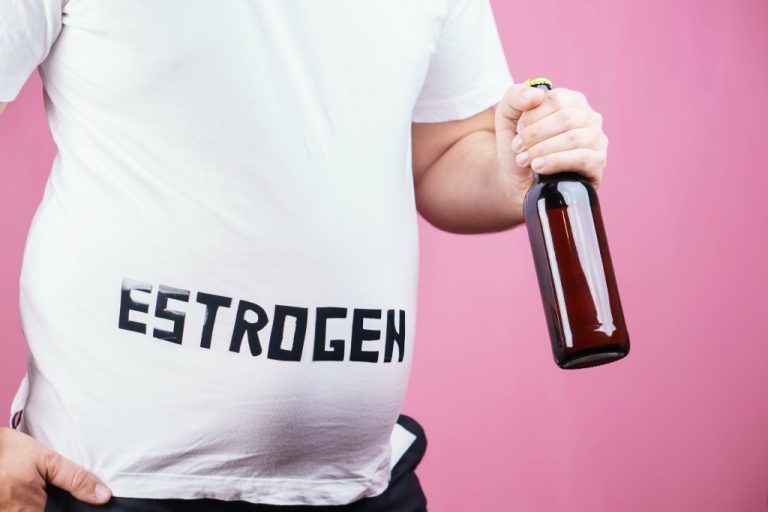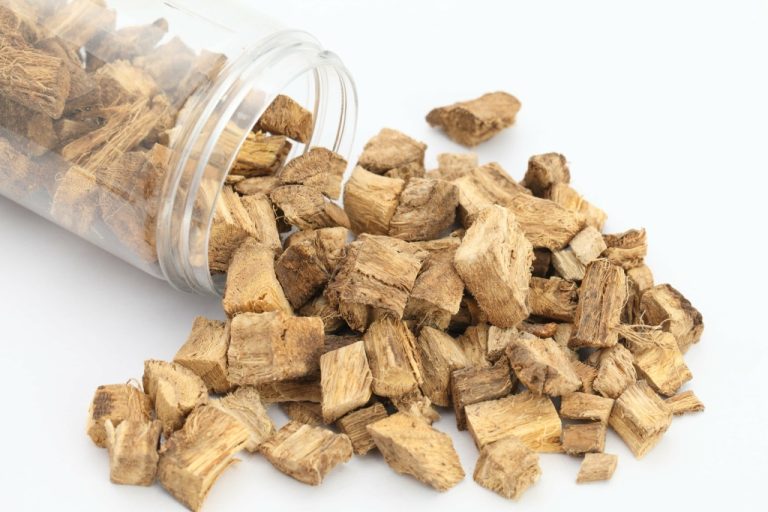There is never one path to sobriety, nor is there one strategy guaranteed to work for everybody. Organizations like Alcoholics Anonymous or Narcotics Anonymous are other ways to build a support network. You can try different meetings for the different groups to find one that’s right for you.

Top Reasons for Getting Clean Without Rehab

Relapse (using substances again after stopping) can and does happen, with 85% of people experiencing relapse at least once and half of them doing so within the first two weeks of sobriety. Depending on the severity of https://www.mizote.info/the-overtime-for-exempt-employees/ the addiction or substance being used, a medically supervised detox may be necessary to safely help you. Some studies find that this structure, along with a start date for sobriety and milestones, is important to some people in recovery.
Alcohol-Related Health Problems

Support programs can also provide you with new friendships and communities that can make sobriety less difficult to navigate. In social situations where people are drinking, you might feel more comfortable with a drink in your hand. https://socamp.ru/jest/15652-krovavoe-kino.html A mocktail looks like a cocktail but doesn’t have any alcohol in it. Other people won’t be able to tell the difference just by looking at your glass. Have some sober friends you can invite as your plus-one to a social event like a party or wedding. And stay in touch with your sponsor and call them if you’re feeling anxious or uncomfortable.
What to Expect During a Home Detox Program
- However, you may feel nervous about approaching social situations sober or have limited access to other sober individuals.
- Think about going to counseling or family therapy to help with that and to deal with other personal issues.
- Getting ahead of stress by implementing healthy stress management techniques is key to staying on track with your sobriety.
- Not only do you find yourself with more hours in a day, but on reflection you can start to see where that time went.
- There are very few illnesses and ailments yoga won’t cure.
Alcohol withdrawal can deplete the body of essential nutrients. Vitamins B1 (thiamine), B9 (folate), B12 and C are often recommended to aid recovery. These vitamins and minerals help support nerve function and overall health, which can be compromised due to long-term alcohol use. However, it’s important to consult a healthcare provider before starting any supplements, as they can advise on the most appropriate regimen based on individual health needs. You realize there’s a problem, that the problem is negatively affecting your life, but the minute you’ve plugged the idea of quitting in your head, your brain is wired to fight you every step of the way.
Find the right treatment program.
- It stops you from fidgeting or thinking of scenarios where you’d end up drinking.
- Individual reasons for becoming sober range from everything from wanting more energy, to having contraindicated medications – such as Adderall and alcohol.
- Being a part of a support group can be one of the best ways to stay sober.
- Studies suggest digital health options can improve access to care for some of the 15 million people experiencing alcohol use disorder each year.
So instead of not having sex because of a headache, understand it could actually help you avoid the three-martini aftermath. Bread-based buffets may help soak up alcohol, but having any type of food in your stomach can help slow down your absorption of alcohol. This, of course, can reduce your chances of getting too intoxicated. “Eating a high-carb diet lowers the ratio of alcohol in your blood and slows absorption,” says Dr. Siddiqui. But there are plenty of cases when you just had maybe a little too much innocent fun, and suddenly you’ve got to snap out of it. The Healthy @Reader’s Digest spoke with doctors and looked at recent years’ https://greeceholidaytravel.com/exploring-the-microdosing-of-amanita-capsules-a-step-by-step-guide.html research to help you navigate the space between carefree and careful.
- Are you ready to break free from the chains of alcohol addiction and embrace a life of lasting sobriety?
- The truth is, we can’t control our loved ones’ journeys with alcohol.
- You’ve been ordering virgin Mojitos and Arnold Palmers when out with friends, going to yoga instead of bar hopping, and planning effective strategies to leave the party if it gets too boozy.
You should plan to taper for between three and seven days depending on how much you’re used to drinking. Slowly reduce the amount of alcohol you consume each day until you reach sobriety. If you begin to experience serious withdrawal symptoms, drink enough to make the symptoms subside. You may be able to detox at home and still attend outpatient therapy or support group meetings.
- This will probably make you sleepy, but it’ll also help to center you.
- If you’ve returned from rehab and picked back up at your old job, similar to living in your former home and friends, you run the risk of a relapse.
- If you recently had surgery or an injury, your doctor will be careful with the pain medication they give you, because some of those drugs can make you more likely to relapse.
- It’s important to remember that you’re going to be craving alcohol to reward the short-term part of your brain, not the long term.
Think about all your work thus far and how much of a setback that would be. Consider how drinking again will only prolong your addiction and create more pain as you enter detox again. Try to mentally connect your alcohol consumption to pain, not pleasure or relief. There will be days that are hard and on those days, you’re going to be thankful you scheduled time to check in and not feel overwhelmed.